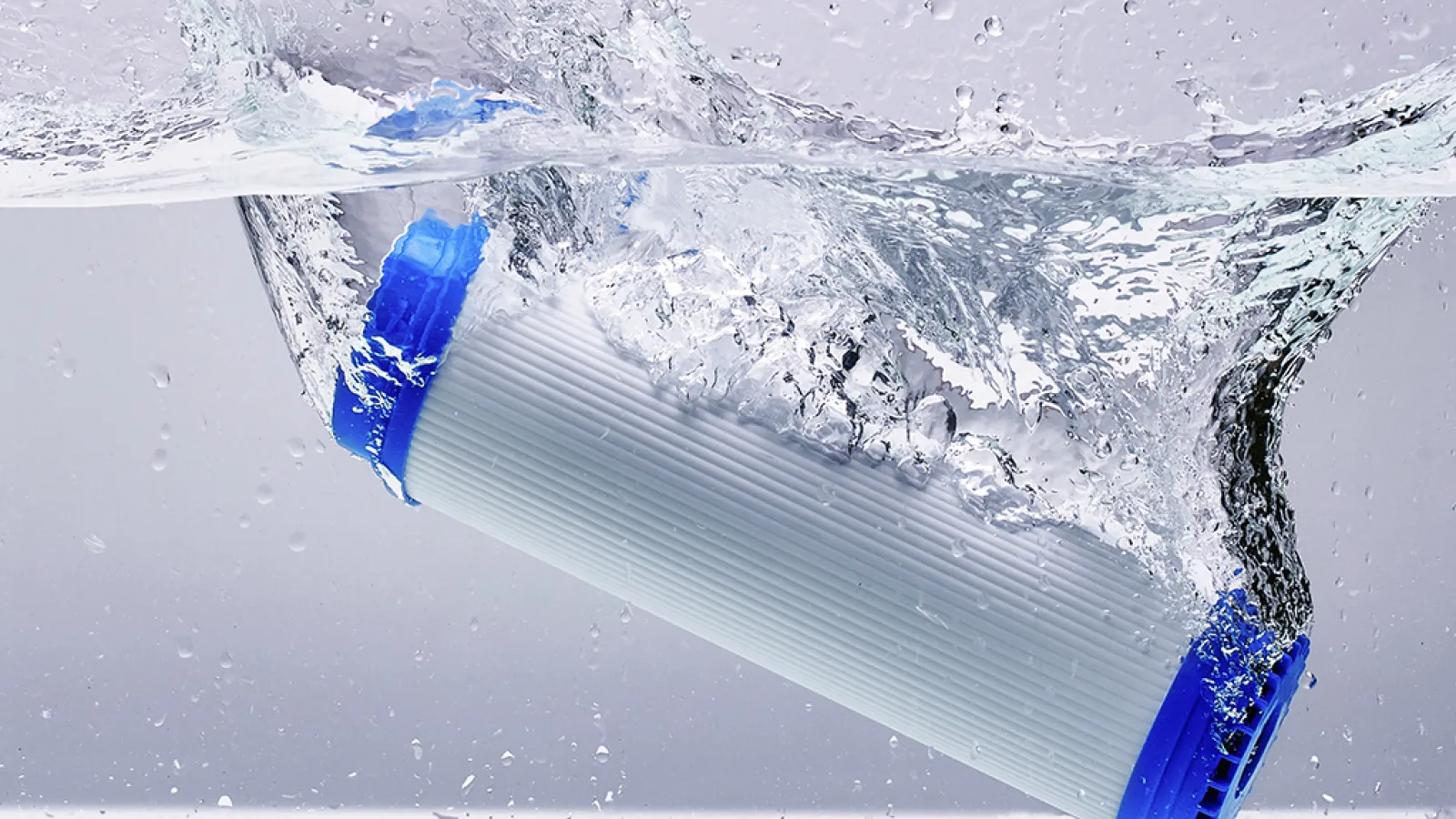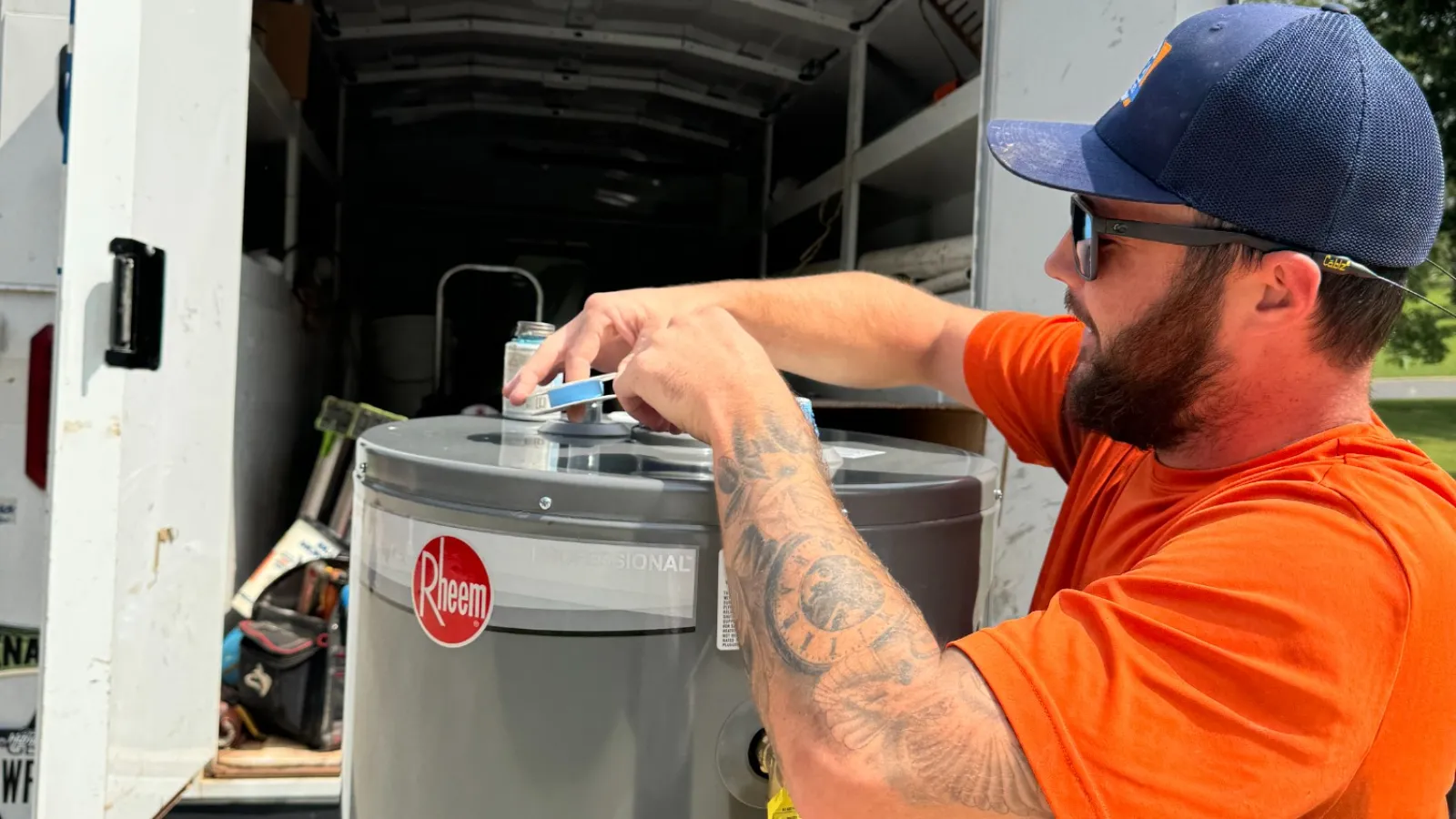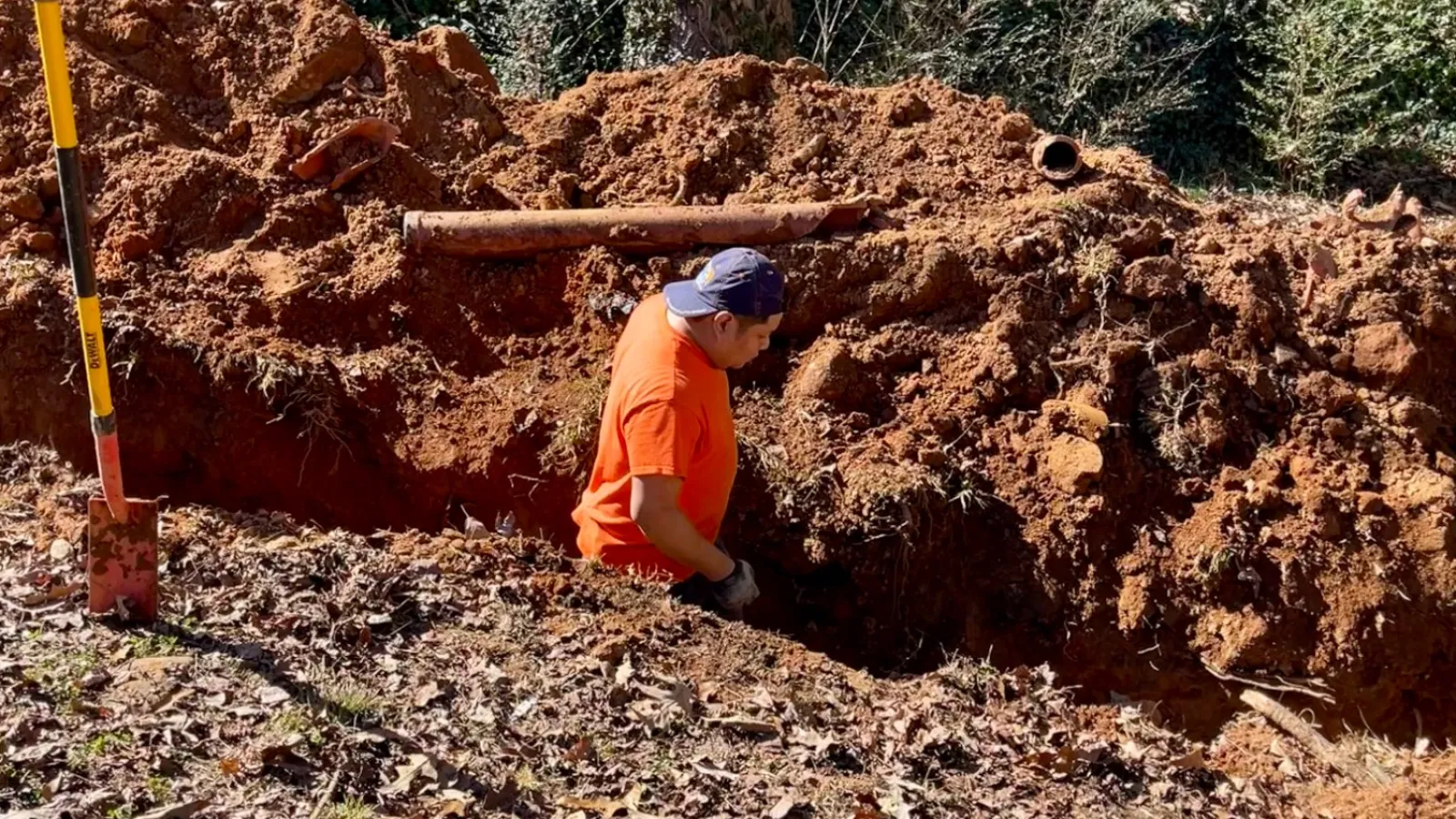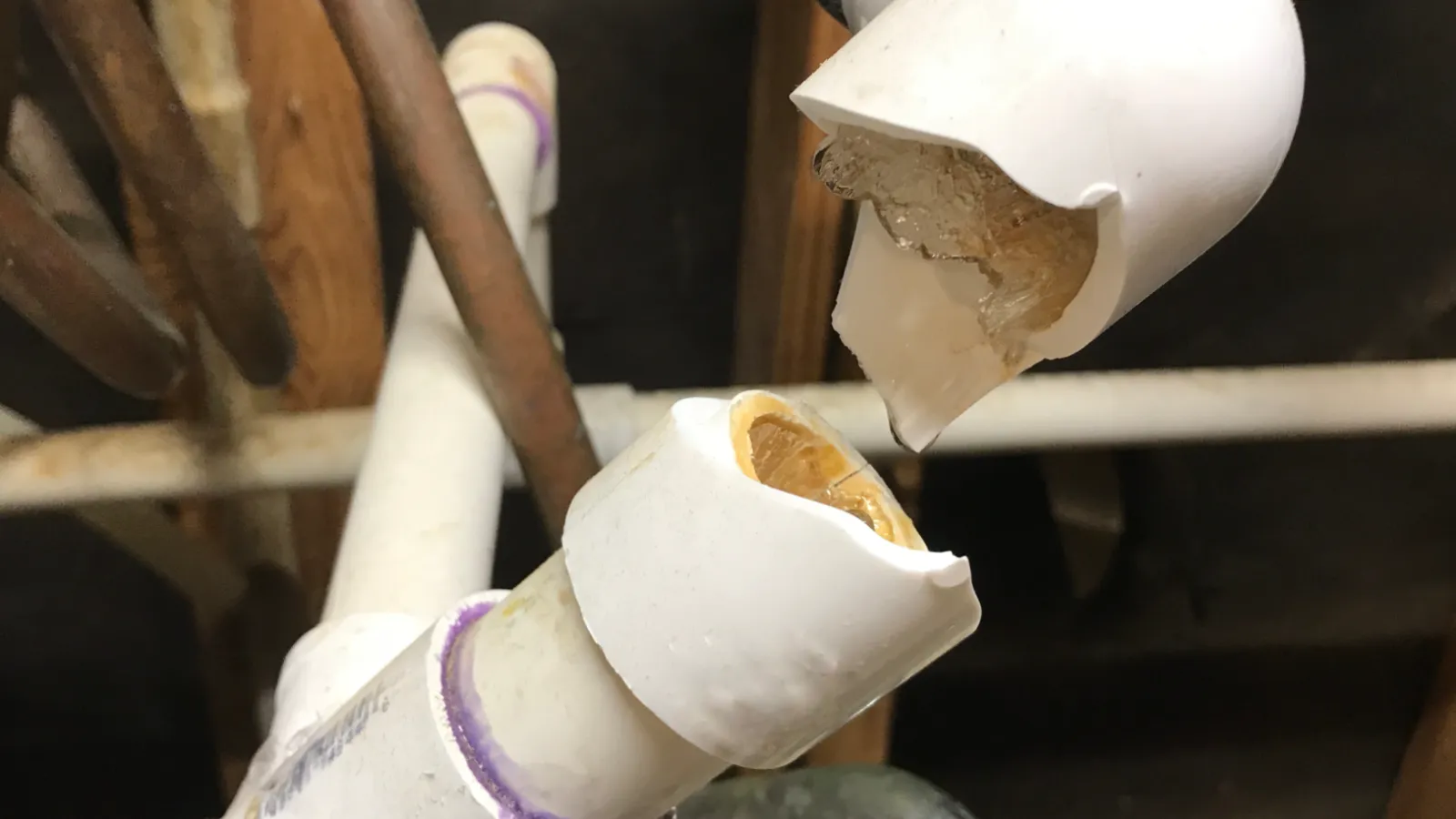If your home’s water quality leaves something to be desired, a home water filtration system may be just what you need to improve the purity, smell, look, and taste of your tap water. There are many different options when it comes to water filtration systems, and different systems utilize various methods to improve your water quality. To give you a better understanding of your options, Estes Services explains how popular options for water filtration systems work.
Water Filtration Basics
To filter and purify the tap water that comes into your home, a water filtration system uses either physical filtration or chemical filtration to remove impurities like dirt, metals, and more from your drinking water.
- Physical filtration uses a membrane material. Water is passed through the membrane or strained through it to allow the membrane to trap chemical impurities.
- Chemical filtration uses an active material. Water is passed through this material and the material chemically removes impurities from the water.
Popular Types of Water Filtration Systems and How They Work
Many whole house filtration systems don’t rely on one method or the other to clean impurities from your water supply. Instead, they may use a combination of physical and chemical methods to remove material from the water flowing to your taps.
Activated Carbon Water Filtration Systems
The most common choice in homes are water filtration systems with activated carbon. These systems contain granules of activated carbon from charcoal. The internal structure of this material is very porous and has plenty of spaces to collect chemical impurities from water that filters through using adsorption. Eventually, the physical membrane material fills with impurities and will need to be replaced.
- Activated carbon and charcoal filters are good at removing chemical contaminants such as chlorine-based chemicals, industrial solvents, and certain pesticides.
- These systems aren’t so great at capturing physical contaminants like limescale, metals, or microbes. They also do not do an ideal job of removing sodium, fluorine, or nitrates.
Reverse Osmosis Water Filtration
Reverse osmosis systems filter water through a fine membrane, using pressure to force water through the membrane while impurities remain trapped. Reverse osmosis essentially means forcing water to move in a direction opposite of its natural flow, so these systems use an electric motor which does require electricity to run.
- Reverse osmosis filters can be effective for the removal of limescale, sodium, and nitrates.
- They aren’t so good at removing bacteria and other microbes.
- Using a reverse osmosis system creates significant wastewater.
Ion Exchange Systems
Water filtration systems using ion exchange are designed to split the atoms of contaminants in the water supply. This creates ions that are trapped by the system, which in turn releases ions from a better material in exchange.
- Ion exchange systems are ideal for softening water and removing limescale.
- Filters in ion exchange systems target magnesium and calcium contaminants, replacing them with sodium ions.
Choosing a Water Filtration System
Water filter systems function in various ways and are good at removing certain contaminants. In order to choose the best water filtration system for your home, it’s best to do a water quality test to see the specific contaminants abundant in your water supply. The information from this test will show you what needs to be removed so you can choose the right type of system to target these contaminants.
Different models of water filtration systems are rated for the removal of certain contaminants. To ensure you pick the correct water filtration system to target your water quality issues, work with a professional Atlanta plumber who can test your water quality and explain the ideal equipment options for your home.
Water Filtration System Installation from Estes Services
For better water quality in your Atlanta home, install a whole home water filtration system with help from Estes Services. Contact us today and make an appointment to speak with our licensed plumbers about your water quality issues and find the right solutions for cleaner, healthier tap water.




